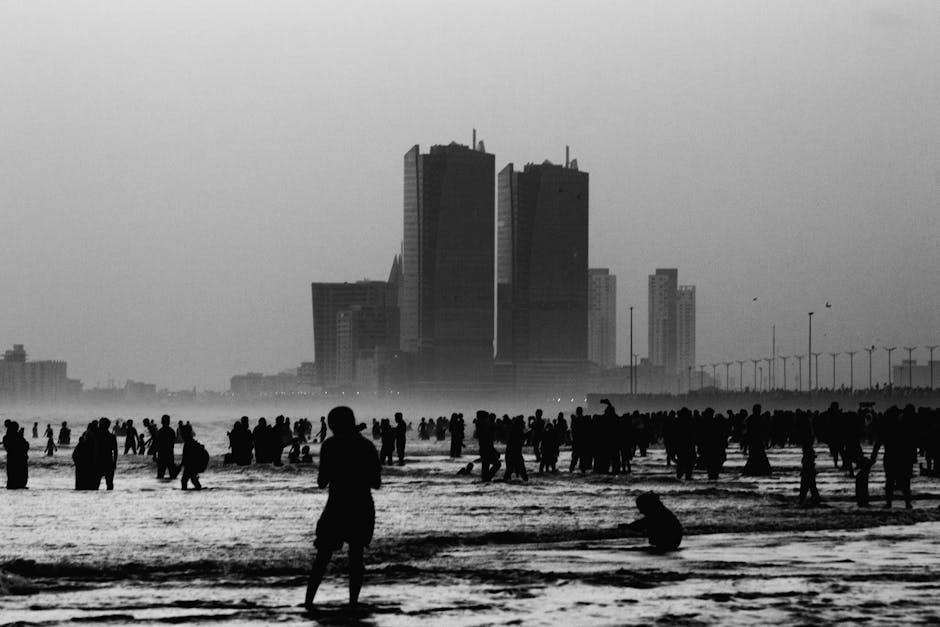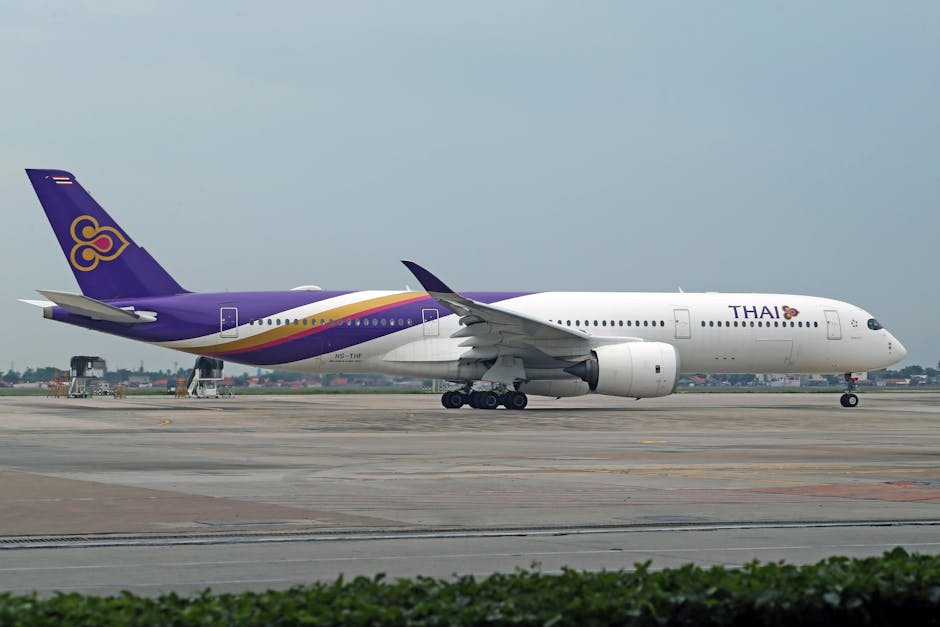What Did Khawaja Asif Claim?
In a statement that has escalated regional tensions, Pakistan’s Defence Minister Khawaja Asif has accused New Delhi of deliberately destabilising his country’s security situation. Speaking in Pakistan’s National Assembly, Asif claimed that India wants to keep Pakistan “busy on its western border,” a clear allegation that India is supporting terrorist activities originating from Afghanistan to distract Pakistan.
This accusation is the latest in a recurring narrative from Islamabad, often deployed when the country faces mounting internal security challenges. The timing is crucial, as Pakistan is currently battling a severe surge in attacks from the Tehreek-e-Taliban Pakistan (TTP).
The Context: A Growing TTP Threat
Pakistan is grappling with a relentless wave of violence orchestrated by the TTP, a terror group that has found a safe haven and renewed operational freedom in Taliban-controlled Afghanistan. The very “strategic depth” that Islamabad’s establishment once sought in its western neighbour has backfired, turning the border into a source of constant instability and violence against Pakistani forces.
Asif’s claim attempts to reframe this reality, suggesting the TTP‘s terror campaign is not a direct result of Pakistan’s past policies but a grand conspiracy orchestrated by India. According to this narrative, New Delhi is leveraging the chaos in Afghanistan to bog down the Pakistani military on its western front, thereby diverting its focus from the Line of Control (LoC) in the east.
India’s Stance and A History of Deflection
From New Delhi’s perspective, these allegations are both baseless and deeply ironic. India has consistently been a victim of cross-border terrorism sponsored by elements within the Pakistani state. To be accused of the same tactics is viewed as a classic case of deflection. Indian officials have long maintained a policy of non-interference in Afghanistan, concentrating instead on providing developmental aid and humanitarian assistance to the Afghan people.
Domestic Pressure and Diplomatic Frustration
So, why is Khawaja Asif making this provocative claim now? The answer likely lies in a combination of domestic pressure and diplomatic frustration.
-
Internal Crises: The Pakistani government is under immense strain. The economy is struggling, political divisions are deep, and the security situation is deteriorating. The TTP has evolved into a formidable threat, mounting sophisticated attacks on security forces. By blaming India, the establishment hopes to create a common external enemy, distracting the public from its failures in governance and counter-terrorism strategy.
-
Frustration with Kabul: Asif’s comments also betray a deep frustration with the Taliban regime. When the Taliban seized power in 2021, Islamabad celebrated it as a strategic win. However, the Afghan Taliban has been either unwilling or unable to control the TTP. By publicly accusing India of operating through Afghanistan, Pakistan is sending a sharp message to Kabul: “Control the TTP, or we will portray you as a pawn in India’s regional strategy.”
Ultimately, Khawaja Asif‘s statement is less a credible intelligence assessment and more a symptom of Pakistan’s deep-seated strategic anxieties. Until Islamabad undertakes a genuine review of its policies that have nurtured the extremist ecosystem on its western flank, blaming India will remain its default, albeit increasingly ineffective, response.




